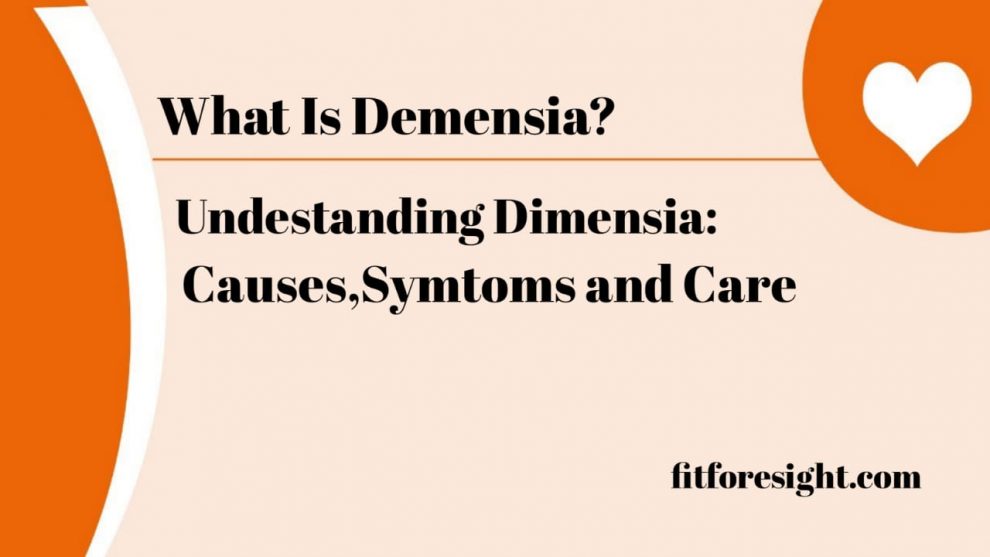What Is Dementia?
Dementia is an umbrella term for a group of cognitive disorders characterized by a decline in cognitive function that interferes with daily life. The most common form of dementia is Alzheimer’s disease, but there are various other types, each with its unique characteristics. While dementia primarily affects older adults, it can also occur in younger individuals, though it is less common.
Causes of Dementia
Dementia can have multiple causes, but the most prevalent is Alzheimer’s disease, accounting for about 60-80% of cases. Other common causes include vascular dementia, Lewy body dementia, frontotemporal dementia, and mixed dementia (a combination of two or more types). These conditions result from different underlying factors, such as protein build-up in the brain, vascular issues, or genetic predisposition.
Recognizing Dementia Symptoms
The symptoms of dementia can vary depending on the type and stage of the condition. However, some common signs include:
- Memory Loss: Difficulty in recalling recent or past events.
- Difficulty with Language: Struggles with finding the right words or understanding conversations.
- Impaired Judgment: Poor decision-making and difficulty in planning.
- Disorientation: Getting lost even in familiar places.
- Mood Changes: Emotional instability, depression, or agitation.
- Changes in Personality: Shifts in behavior and interests.
Early detection and diagnosis are crucial for managing dementia effectively and providing appropriate care and support.
Caring for Individuals with Dementia
Providing care for someone with dementia can be emotionally and physically challenging. Here are some key aspects of dementia care:
- Safety: Create a safe environment by removing potential hazards and installing safety measures.
- Routine: Establishing a consistent daily routine can provide comfort and reduce anxiety.
- Communication: Use clear and simple language, and be patient and empathetic in your interactions.
- Medication and Treatment: Consult with healthcare professionals about available treatments and medications to manage symptoms.
- Support Groups: Joining support groups for caregivers can provide valuable guidance and emotional support.
Planning for the Future
As dementia is a progressive condition, it’s essential to plan for the future. This includes legal and financial matters, such as setting up power of attorney and discussing end-of-life care preferences.
Dementia is a challenging condition that affects millions of individuals and their families worldwide. Understanding its causes, recognizing symptoms, and providing compassionate care are essential steps in managing this condition. By raising awareness and offering support, we can improve the quality of life for those living with dementia and their loved ones.

























Add Comment